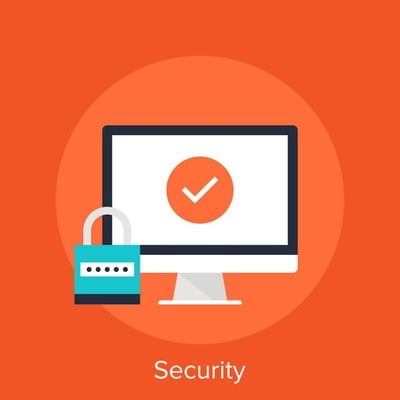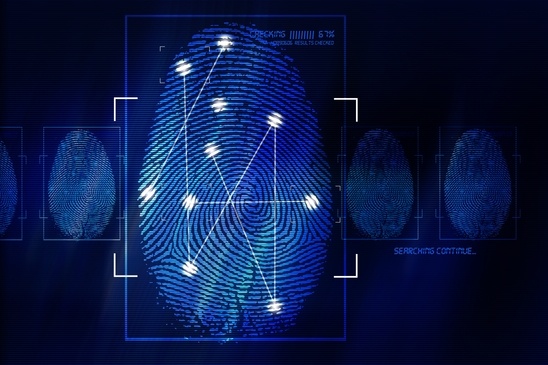In today's digitally-driven world, the importance of document archiving cannot be overstated, particularly when it comes to safeguarding sensitive information. Document archiving — storing documents securely and organized for long-term retention — has become a cornerstone of data security. This practice ensures the preservation of vital records and is critical to protecting them from unauthorized access and potential breaches.
Read More
Topics:
Archiving Documents,
data security,
information security,
cybersecurity
Summary: From malware to hackers to corporate cybersecurity and organized crime, information security has a brief but eventful history. Here we discuss the history of information security and how it has evolved throughout the digital age.
Read More
Topics:
data security,
information security
With most businesses going digital, more personal information is left vulnerable than ever before. The General Data Protection Regulation, or GDPR, was put in place to ensure private data stays private. The law covers national data across the EU and countries that sell to or interact online with EU citizens. That means that while the GDPR is an EU regulation, Canadians are still affected.
Read More
Topics:
document security,
data security,
information security,
government security,
data compliance laws,
compliance,
GDPR
What is GDPR?
Back in 2016, the European Union passed a bill to introduce the Global Data Protection Regulation. The purpose of the legislation was to define the legal rights of EU citizens in relation to their data and to enforce regulations on the data controllers and processors who hold that data. The GDPR will be introduced on the 25th May 2018, and will put impose sanctions on businesses that don’t safeguard the data they process.
Read More
Topics:
document security,
data security,
information security,
government security,
GDPR
Your company's data influences every element of your operations, from your customer service to your taxes. Due to its importance, you must always strive to protect your company's data. In order to prevent any of your important data from being lost, stolen or destroyed, you will need some data protection in the workplace. Here are some steps you can take to improve your data protection.
Read More
Topics:
data security,
information security,
data theft
In order to become quick, efficient and flexible enough to keep up with the rest of the world, governments have had to adapt. This has meant investing in digital assets that allow them to take advantage of digital technology. One of the most important steps taken in this regard is a greater reliance on digital information management. This single step allows a government organization to easily create, access, organize and share large volumes of data. Storing data digitally also allows government organizations to protect data from destruction and physical theft, since it is no longer venerable to physical attacks. With these benefits, however, come new government information security challenges that must be overcome.
Read More
Topics:
information security,
government security
There are countless data thieves who want to steal your company's data so that they can commit fraud or take your assets. You will always be a target, so you must be proactive about protecting your data. To prevent data theft at your business, you need to invest in information security resources and establish an effective information security policy.
Read More
Topics:
document security,
data security,
information security,
data theft
No matter how big your company is or what industry you operate in, information security is a concern. Your company's data is one of your most valuable assets; before you can protect your company against a threat, you need to understand what it is. To that end, consider how the following information security issues may be plaguing your business:
Read More
Topics:
data security,
information security

Digital technology has dramatically altered how we manage our data. Instead of dealing with more paperwork than a single person is strong enough to carry, we are able to store millions of documents on a device smaller than a human hand. Instead of shipping copies of paperwork via mail or courier, we can deliver a communication in seconds via a slew of online file sharing options. From sharing documents faster to storing them more effectively, digital technology has provided us with many data management upgrades.
Read More
Topics:
document security,
data security,
information security,
workplace security


.jpg)
.jpg)





